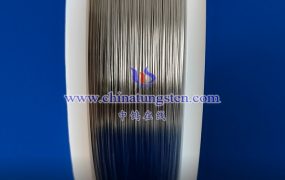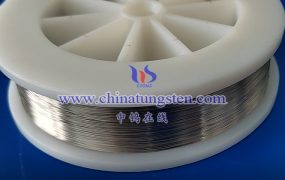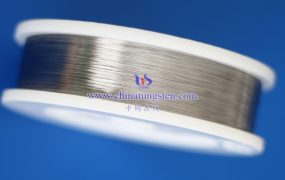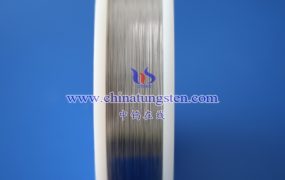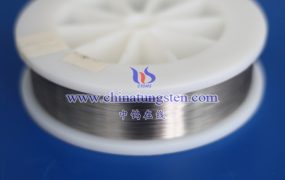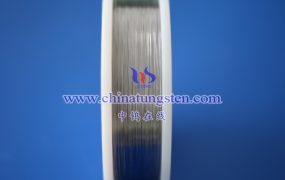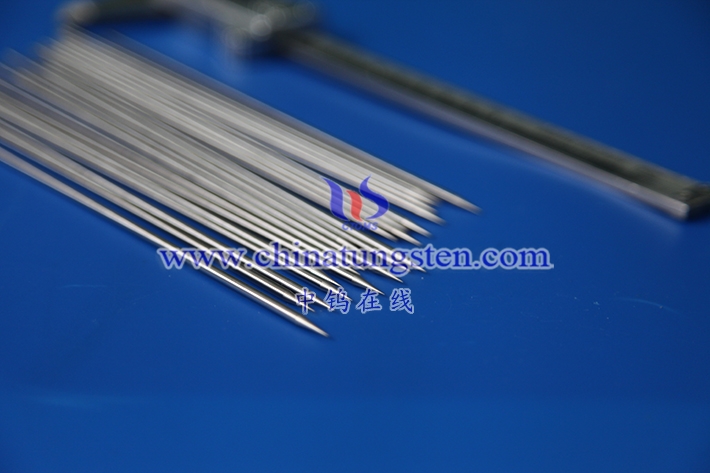
Tungsten is known for its high strength and rigidity, and tungsten needles made from tungsten wire inherit these properties. In general, tungsten needles are quite resistant to bending and deformation, and they can maintain their shape and structural integrity even under high stress.
However, the resistance to bending and deformation of tungsten needles can vary depending on their diameter, length, and shape. Thinner and longer needles may be more prone to bending or warping than thicker and shorter needles, and needles with complex shapes or angles may be more susceptible to deformation than simple, straight needles.
In addition, tungsten needles may become more brittle at low temperatures, which can increase their susceptibility to bending or breaking. Therefore, it is important to handle tungsten needles with care, and to avoid subjecting them to extreme forces or temperatures that could compromise their structural integrity.
Overall, tungsten needles are quite robust and can withstand bending and deformation to a certain extent, but they should still be handled carefully and used with caution to avoid damaging them and compromising their performance.
